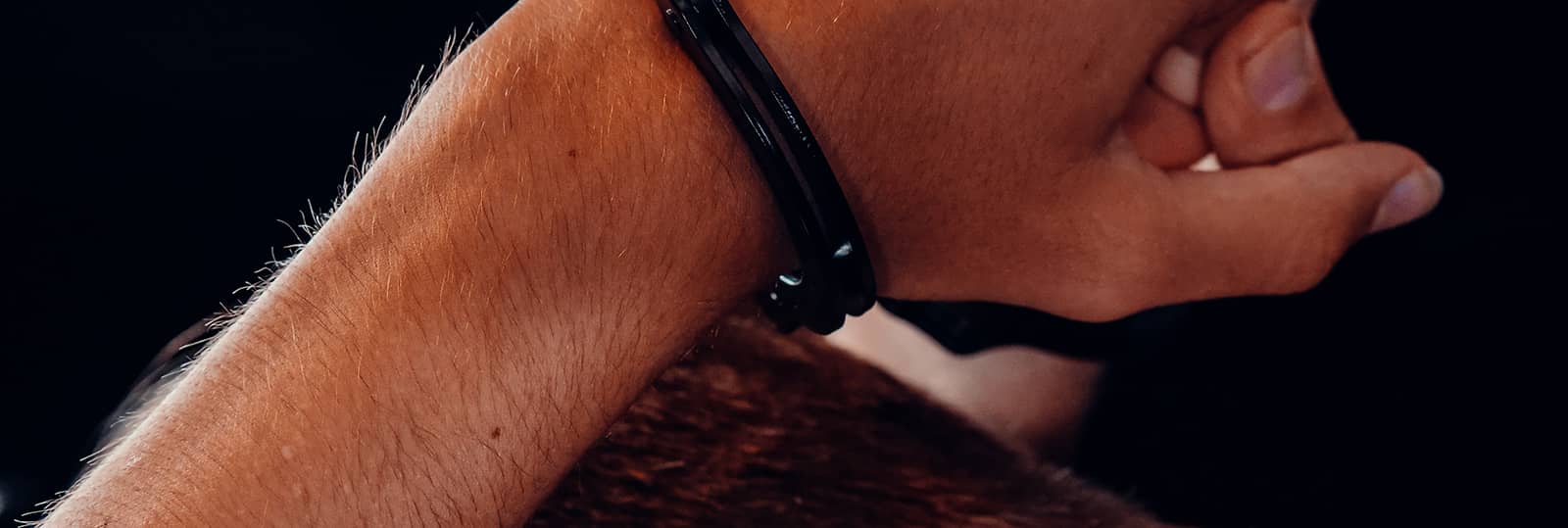Have you been arrested or charged with a drug crime in Hennepin County?
A drug conviction can have a tremendously negative impact on your future. You’ll likely be subject to restrictions on firearm use, voting, and travel while on probation. But you could also experience issues finding employment, getting student loans, and even family law issues like child custody.
When you’re up against the state of Minnesota for a drug crime, you need an experienced Minneapolis drug charge lawyer to fight for your rights and your future.
Is Possession of Drugs a Felony in Minnesota?
Most drug crimes are felonies in Minnesota. One exception is possession of 42.5 grams or less of marijuana, which is one of the state’s petty misdemeanor drug charges that results in no jail time. However, it carries a penalty of $300 in fines and a requirement to complete a drug education program.
Possession of higher amounts of marijuana and any other illegal controlled substance—including certain prescription drugs you are not authorized to have—could result in a felony drug charge in Minnesota.
Collateral Consequences of a Felony Conviction in Minnesota
Convicted felons in the Land of 10,000 Lakes face collateral consequences outside incarceration and fines.
Those still serving their felony sentence (including probation periods) are restricted from:
- Voting
- Serving on a jury
- Possessing firearms
Drug offenders may also be required to have certification from a doctor that they have been drug-free for two years before owning a firearm.
These consequences are in addition to the issues an individual may face in finding appropriate housing or employment after a drug conviction.
Degrees and Penalties of Minnesota Drug Crime Charges
The three factors that determine the degree of a drug charge in Minnesota are:
- Which controlled substance the defendant possessed
- How much of the controlled substance the defendant possessed
- Whether the defendant sold or attempted to sell the controlled substance
What is a First Degree Drug Charge in MN?
First-degree drug possession in Minnesota involves having at least:
- 50 grams of cocaine or methamphetamines
- 25 grams of heroin
- 50 kilograms of marijuana or at least 500 marijuana plants
First-degree drug sales in Minnesota involve the sale of at least:
- 17 grams of cocaine or methamphetamines
- 10 grams of heroin
- 50 grams of other narcotics
- 25 kilograms of marijuana
- 200 doses of hallucinogens
A first-degree drug conviction carries a maximum penalty of 30 years imprisonment and fines of up to $1 million.
What is a Second Degree Drug Charge in MN?
Second-degree drug possession in Minnesota involves having at least:
- 25 grams of cocaine or methamphetamines
- 6 grams of heroin
- 50 grams of other narcotics
- 100 doses of hallucinogens
- 25 grams of marijuana or 100 marijuana plants
Second-degree drug sales in Minnesota involve the sale of at least:
- 3 grams of heroin
- 10 grams of any other narcotic
- 50 doses of hallucinogens
- 10 kilograms of marijuana
A second-degree drug conviction carries a maximum penalty of 30 years imprisonment and fines of up to $500,000.
What is a Third Degree Drug Charge in MN?
Third-degree drug possession in Minnesota involves having at least:
- 3 grams of heroin
- 10 grams of any other narcotic
- 10 kilograms of marijuana
Third-degree drug sales in Minnesota involve the sale of:
- At least 5 kilograms of marijuana
- Any amount of a narcotic substance
A third-degree drug conviction carries a maximum penalty of 20 years imprisonment and fines of up to $250,000.
What is a Fourth Degree Drug Charge in MN?
Fourth-degree drug possession involves having at least ten doses of hallucinogens or any amount of drugs that fall under Schedules 1, 2, or 3 according to Minnesota statute 152.02.
Fourth-degree drug sales in Minnesota involve the sale of any amount of drugs that fall under Schedules 1, 2, or 3.
A fourth-degree drug conviction carries a maximum penalty of 15 years imprisonment and fines of up to $100,000.
What is a Fifth Degree Drug Charge in MN?
Fifth-degree drug possession involves having any amount of drugs that fall under Schedules 1, 2, 3, or 4.
Fifth-degree drug sales involve the sale of any amount of drugs that fall under Schedule 4, including marijuana.
A fifth-degree drug conviction carries a maximum penalty of five years imprisonment and fines of up to $10,000.
How Do You Beat a Drug Charge in Minnesota?
The District Attorney in Hennepin County must accomplish certain elements to convince a jury beyond a reasonable doubt that you are guilty of a drug crime.
The Substance Must Be Produced in Court
One of the most common drug defenses in court is that the substance was illegally obtained. This means that law enforcement must have had a valid search warrant or probable cause to perform the search. If neither of these requirements is met, the substance itself is inadmissible in court, and the case will likely be dismissed.
The Substance and Amount Must Be Proven to Be Illegal
Law enforcement performs “field test” methods to determine if a substance is controlled and illegal to possess. These field tests can be unreliable and should be tested in a laboratory for the charge to hold up in court.
Elements of Possession Need to Be Established
It must be proven that you were, in fact, knowingly in possession of the substance. For example, if a controlled substance was simply near you at the time of the search, this does not necessarily mean you were in possession of them, and the prosecution would need to prove that you were in control of the substance.
A Minneapolis Drug Crime Lawyer Can Help
Drug charges are serious matters that lead to serious consequences if you’re convicted. Having the legal representation of a criminal defense attorney that knows the Minnesota drug laws inside and out could make all the difference for your drug case.
If you’ve been charged with a drug crime, call an experienced Minneapolis drug charge lawyer for a free consultation and let them assist in your criminal defense.









